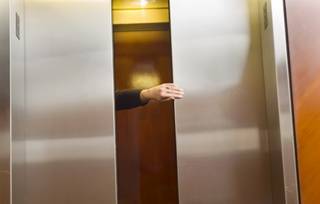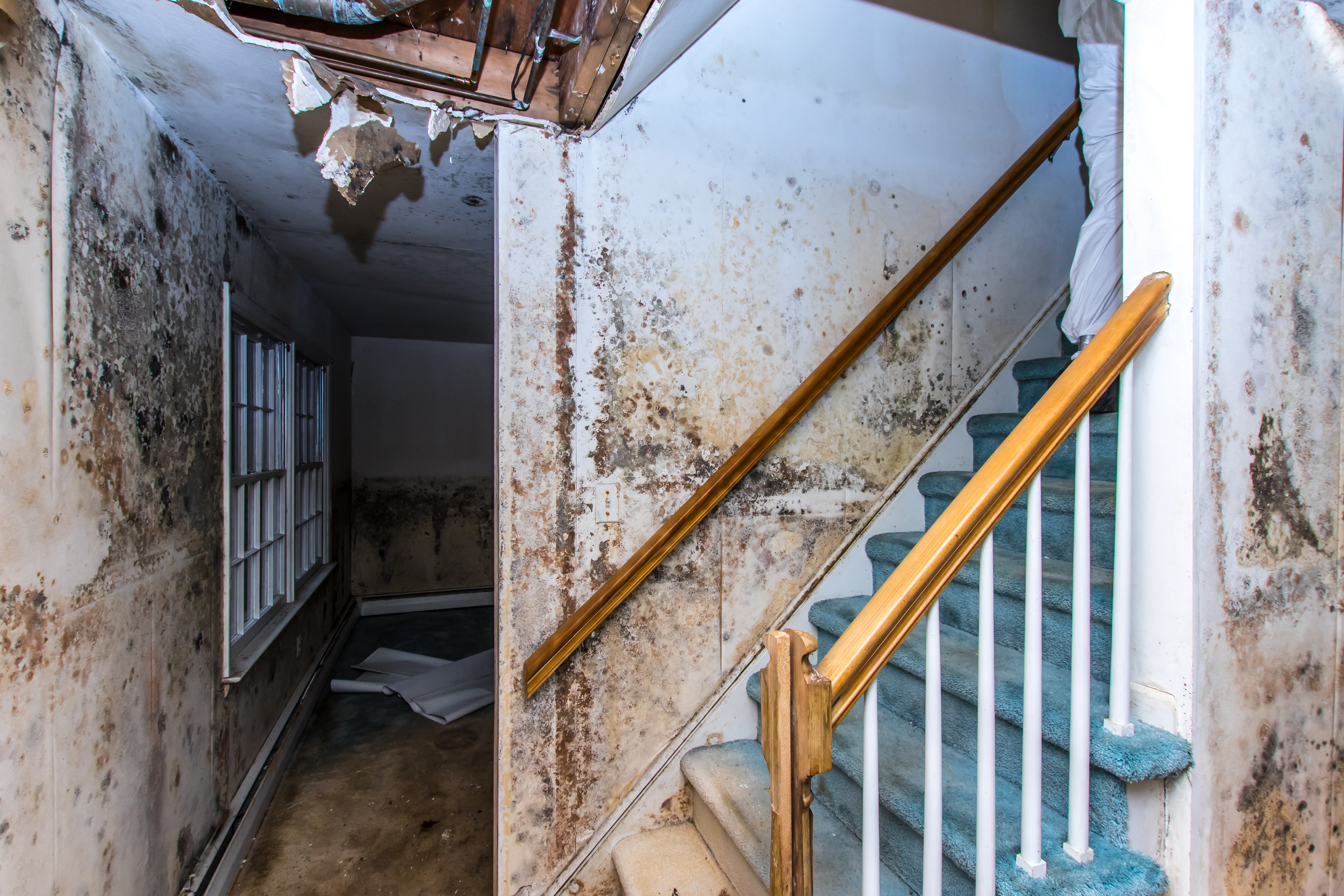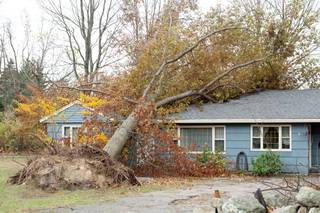There are a large variety of styles, types, and uses of doors. Throughout our lifetime, we will come across many types of doors: panel, storm, screen, garage, elevator, commercial building, residential, overhead, rolling, sliding, steel, wood, and glass doors; a variety of different vehicle/truck/train/ equipment doors, appliance doors, automatic doors, revolving doors, and the list goes on and on.
When considering a door the thought is: what style do I like, should I put a screen in front of a beautiful custom door, do I want six panel instead of bi-fold doors, etc., etc.? We don’t think about how we could be injured by a door through lack of maintenance, improper installation, a design flaw; or through a mistake of our own. Doors are meant to close and they always create a pinch point. If any part of your body is within the path of the door, the door may injure you.
Whether defending a business owner, a door manufacturer, an installer, a property owner, or you are working for the plaintiff, engineers use their expertise and training to assist with a variety of incidents. Samples of potential cases relating to door injuries include:
• Transparent glass doors – individuals walking into or through the glass causing possible head trauma and/or cuts.
• Design and installation of manual or automatic doors used in commercial buildings. Door users may catch their hand, fingers, or Achilles heel in the doors.
• Bi-fold doors may fall if they are installed incorrectly or they are misused.
• Using your body or hand to stop an elevator door. If there are problems with the sensors the doors may close causing severe injury or death.
• Rolling overhead doors such as garage doors are now designed to roll back up when they come in contact with anything before the ground or if the light sensor is interrupted. If the door is installed or maintained improperly, it may not react as expected.
What can an engineering consultant do to find out what or who is responsible for the accident? Investigate the accident site and perform testing to measure forces, velocity of the doors, and timing. They also review the applicable codes and standards. Whatever standard was in force at the time the door was installed is the standard that must be followed—not the standard in force at the time of the incident.
The Americans with Disability Act (ADA 2010 standard 404.2.8.1) for Public doors states: “Door closers and gate closers shall be adjusted so that from an open position of 90 degrees, the time required to move the door to a position of 12 degrees from the latch is 5 seconds minimum.” The doors must meet or comply with the following:
• Federal Accessibility Standards
• ANSI Automatic Door Closer Standards
• ADA Standards
Therefore, if you have an incident or accident involving any type of door, CED most likely has an expert with experience and knowledge of the codes to assist you with your claim or case. Give us a call at 800-780-4221 and we will connect you with the appropriate engineer.






